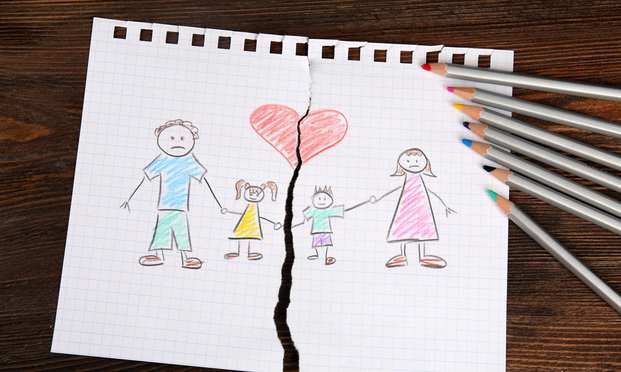Some of the most common questions we get asked are: How does joint custody work? What is a joint custody parenting plan?
How Does Joint Custody Work in New Jersey?
In New Jersey, there are two types of custody: legal and residential (or physical) custody. Legal custody is actually the most important type of custody because it has to do with control and power over the children. Legal custody answers the question: which parent has the right to make the major decisions for the children? Major decisions are the big decisions that affect children like where a child will attend daycare, where a child will attend school or go to college, medical decisions, and religious upbringing. In New Jersey, there is a presumption that both parents are fit to have joint custody of their children. Therefore both parents will have the right to participate in making the major decisions for their children that affect their health, safety and welfare, like those listed above.
How Does Joint Custody Work: a Presumption of NJ Law
A presumption in the law is when you can assume that this is what is going to happen unless a very significant factor dictates otherwise. For example, even parents with mental illness can and do share joint custody. To overcome the presumption for joint custody, under the custody statute, a parent’s conduct must have a “substantial adverse effect on the child.”
The presumption of joint custody is overcome only in the most serious of cases such as when a parent has an inability to co-parent cooperatively, when a parent is mentally impaired and cannot participate fully in making legal decisions for the children, or are determined to be a safety risk to the children. In other words, mostly everyone has joint custody of their children with the other parent. It is the rare occasion when only one parent has sole custody.
How Does Joint Custody Work: Joint Custody of Children in Divorce
Joint custody also means that parents will have to make joint custody parenting decisions in cooperation with one another. This requires both parents to work together for the best interest of their children. The “best interest” of the children is the guiding standard in evaluating what is best for the children when it comes to making those big, legal decisions. It is not what is best for the parents but what is best for the kids. Joint custody after divorce means that the obligation to work together cooperatively will continue into the future as long as your children are not emancipated.
How does joint custody work regarding minor decisions for the children? Who makes the minor decisions for the children? Minor decisions, unlike major decisions, are made by the parent who has physical custody of the children. Minor decisions include things like what a child will eat, the clothes they wear, play dates, and things like that.
How does joint custody work: Residential Custody
Residential custody is the other type of custody in New Jersey and has to do with where the children primarily live. In New Jersey, we define one parent as the Parent of Primary Residence (PPR) and one parent as the Parent of Alternate Residence (PAR). The parent with whom the children live most of the time is the PPR. Parents can also share residential custody in which case neither parent is designated the PPR – when they share parenting time equally, for example. Or, alternatively, one parent might be designated the PPR for school residency purposes only.
How does joint custody work : Joint Custody Parenting
In New Jersey, to muddy the waters even further, there are two types of residential parenting arrangements: sole and shared. Which type of parenting time arrangement you have will depend on how many overnights on average the children spend with the non-custodial parent. If the children spend less than two overnights on average per week with the non-custodial parent, you have a sole parenting arrangement. If the children spend two or more overnights on average per week with the non-custodial parent, you have a shared parenting arrangement. The type of parenting arrangement you have has a significant impact on child support because the more overnights your children spend with the non-custodial parent the less child support they pay.
Joint custody after divorce can be a thorny issue to resolve without the proper guidance. Our attorneys have the experience you need to help you resolve even the most contested custody cases. Call us today to learn more about how joint custody works.

 START LIVE CHAT
START LIVE CHAT










